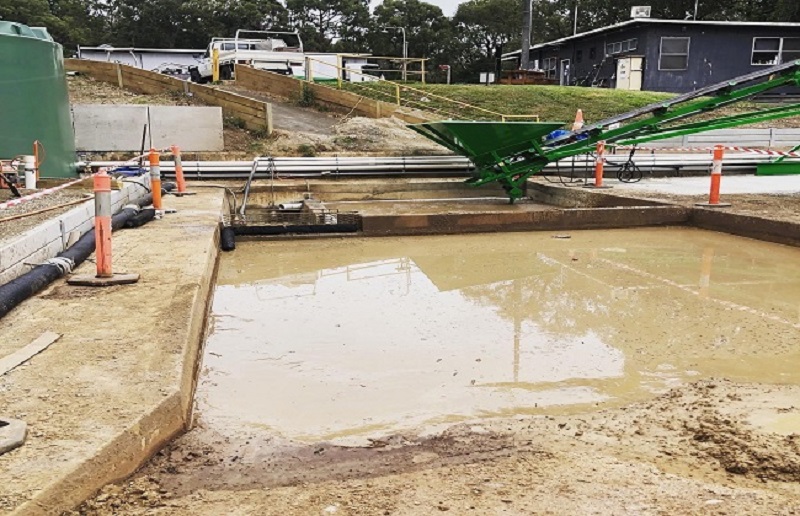Understanding the Different Aspects of Waste Management and their Impact
Have you ever thought about what happens to our waste once it leaves our homes? Where does it all go? How much of it is recycled, and how much of it actually ends up in a landfill? If you've ever found yourself asking these questions, then this comprehensive guide to understanding waste management will provide some much-needed insights. By delving into various aspects of waste management and their impact on our environment, we aim to bring a new level of awareness to this often-overlooked topic.
By exploring waste management from various angles, we hope to reveal the intricacies of this immense topic and shed some light on the role each of us can play in this narrative. This isn't just about responsible consumerism or personal responsibility - though those are critical components; it also has to do with policy-making, urban planning, architecture and more. So, let's dive in!
What is Waste Management, and Why is it Critical?
Fundamentally, waste management involves the process of collecting, transporting, processing, recycling, or disposing of waste materials. These procedures are aimed at minimizing the quantity of waste that ends up in landfills and reducing its harmful impact on our environment.
But why should we care? At the simplest level, managing waste proficiently helps keep our surroundings clean, reducing potential health risks associated with improper waste handling. On a larger scale, good waste management practices can significantly reduce greenhouse gas emissions and other forms of pollution. More importantly, understanding waste management opens up possibilities for innovative solutions, paving the way for the creation of a more sustainable world.
It's worth emphasizing that, while the task seems Herculean, even small personal changes in our waste disposal habits can make a significant difference.
The Different Aspects of Waste Management
Beneath the umbrella of waste management, there are numerous distinct aspects ranging from the recycling of household items, composting organic matter, safe disposal of hazardous waste to managing electronic waste or E-waste.
Understanding the variety of waste types is paramount to adequate waste management. For instance, organic waste's natural decomposition makes it a valuable resource for creating compost, while incorrect disposal of hazardous or E-waste may have dire environmental consequences.
As we delve deeper into the dynamics of waste management, it is crucial to appreciate distinctive waste categories and the appropriate disposal methods enlisted for each.
The Pros and Cons of Current Waste Management Tactics
While our current waste management strategies have come a long way from the primitive methods of the past, they are far from perfect. High recycling rates and the focus on composting organic waste are encouraging trends, marking progress towards sustainability goals.
However, the continuing reliance on landfills, the problem of plastic pollution, and the often complex process of recycling certain materials present significant challenges. Understanding the strengths and weaknesses inherent in current waste management practices is essential for finding and implementing better solutions in the future.
Techniques for Effective Waste Management at Home: A Primer
While waste management often hints towards large-scale municipal operations, its beginnings are in our everyday habits at home. By understanding the basic strategies of reducing, reusing, recycling, and composting, you can transform your household into a bastion of environmental responsibility.
The Role of Design and Urban Infrastructure in Waste Management
Here’s where the fields of design, architecture and urban planning intersect with waste management. How we design our cities, public spaces, and even our homes, can significantly influence our ability to manage waste efficiently.
From incorporating recycling facilities into building design, to planning urban spaces for better waste collection logistics, there are myriad ways design and urban infrastructure can facilitate more effective management of waste.
Conclusion
From the simple process of sorting household waste for recycling to more complex strategies for large scale waste management, it's clear that waste management isn't a singular task relegated to garbage collectors and environmental activists.
It's a multi-faceted domain that requires active engagement from various stakeholders - from individuals to city planners, and from architects to policy makers. Each decision we make as consumers, builders, and lawmakers affects our waste management processes - and, by extension, our planet's health.
The task can seem overwhelming, but knowledge builds power, and every step taken - however small - towards better waste management is a victory not just for us, but for future generations. In the end, managing waste is about preserving the environment, sure, but it's also about safeguarding our collective future. Now, that’s surely a cause worth investing our efforts in.









0 comments